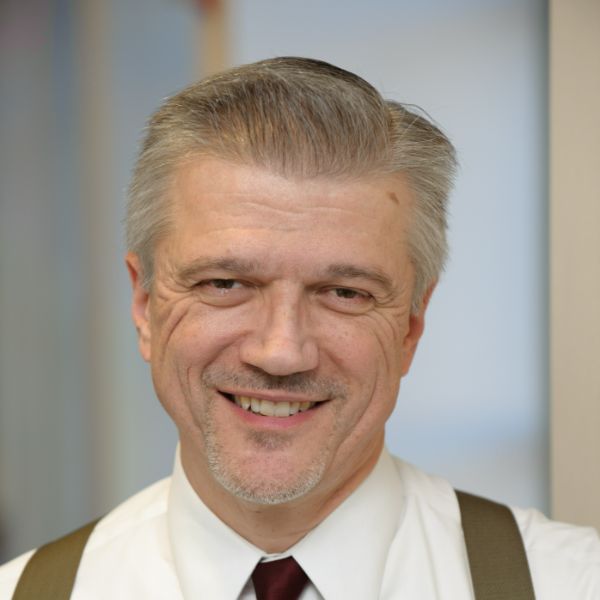The University of Rochester is combining scholars, researchers, and resources from more than 15 academic departments and multiple schools to create the Center for Energy & Environment (CEE). Its purpose is to improve energy systems and to understand the impacts of energy technologies on the environment and human health.
“The planet’s carbon cycle is being significantly altered by human consumption of fossil fuel energy resources,” said Carmala Garzione, the director of the center and chair of the Department of Earth and Environmental Sciences. “These changes are altering the Earth’s climate at an unprecedented rate. That’s why it’s important to understand the impact human activity has on the carbon cycle, as well as the environment in general.”
With increased carbon dioxide and methane levels in the atmosphere contributing to climate change and a rise in sea level, researchers at the University believe the new center will help them to coordinate efforts to reduce the impacts of energy use on the environment and public health.
“There is already an enormous emphasis on energy, environmental, and related public health research across the University of Rochester,” said Garzione. “By lowering the barriers between departments and schools, this center will make it easier for faculty to identify opportunities for research collaborations.”
The new center will also focus on the health impacts of changing energy resources. For example, researchers from the University’s sciences, engineering, and humanities departments will work closely with its Medical Center on inhalation, exposure, and toxicology studies to understand the health effects of both existing and new energy technologies.
CEE’s energy mission will be supported by current programs in advanced materials, biotechnology, and nanotechnology, as well as by the Laboratory of Laser Energetics, home to the second most powerful laser in the world. The CEE will also rely on advanced computing techniques at the University—supported by the newly created Institute for Data Science—to help carry out its mission.



